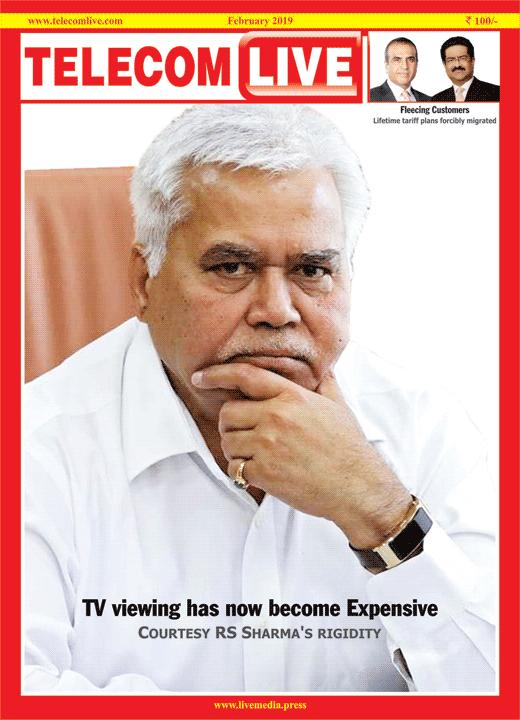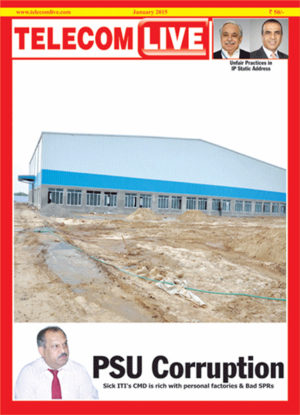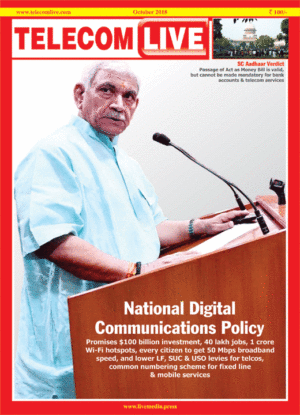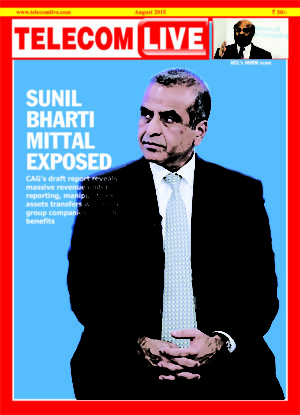The new broadcasting regime implemented on Feb 1, 2019 has hiked the monthly television bills of the consumers. This is just as we had predicted in a detailed cover story analysis of Jan 2019. No sooner had the new broadcasting regime been implemented that social networks began chiming with user views of angst and noise about the raised prices. Prominent mainstream media that were in denial reversed their stand and began reporting the reality.
Then within barely days, CRISIL came out with its analysis on Trai’s new pricing. It said users could see hikes in their TV monthly bill by upto 25 per cent if they opted for top ten channels by viewership in addition to FTA. CRISIL said the broadcasting regime will benefit popular channels and hasten adoption of OTT apps like Netflix and Hotstar. Content will rule.
Broadcasters are expected to see a rise of upto 40 per cent in their revenues on per subscriber basis. Larger broadcasters who command popular channels will have more pricing power. Broadcasters with less popular channels will see a rough phase and it will be difficult for them to latch onto packages, the least popular channels will be edged out of air. The broadcasting industry will see consolidation.
Trai retorted to the CRISIL report with a press conference. It dismissed the findings as unfounded assumptions. Trai chairman RS Sharma said consumers do not usually watch content in two languages, also they do not watch the same content on two channels. He cited BAARC data to show that 90 per cent of consumers watch 50 channels and said the new regulations had empowerment and transparency as its objectives and not pricing. Mr Sharma called this the pull model and labelled the earlier regime as the push strategy.
At TelecomLive, we proceeded to test all these postulates and found that these are weak and hollow propositions. The Trai chairman seems to have forgotten India’s multi-lingual character and also the fact that vast swathes of our population move of their native states to settle in other parts of the country for education and employment and when they do they carry their languages with them. The new broadcasting regime limits choice and transparency, parameters which it purports to uphold. And it wrongly assesses repetitive content on multiple channels and errs in blaming consumers for high prices of their subscription choice.
However, Trai has asked operators for dynamic data and has stated that it would actively look into anomalies. That situation may arise very soon.




